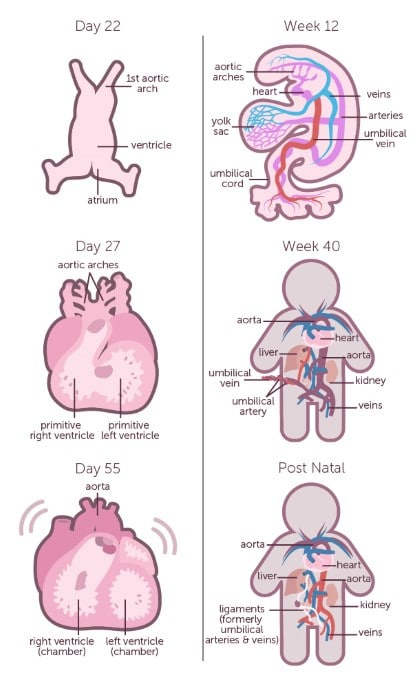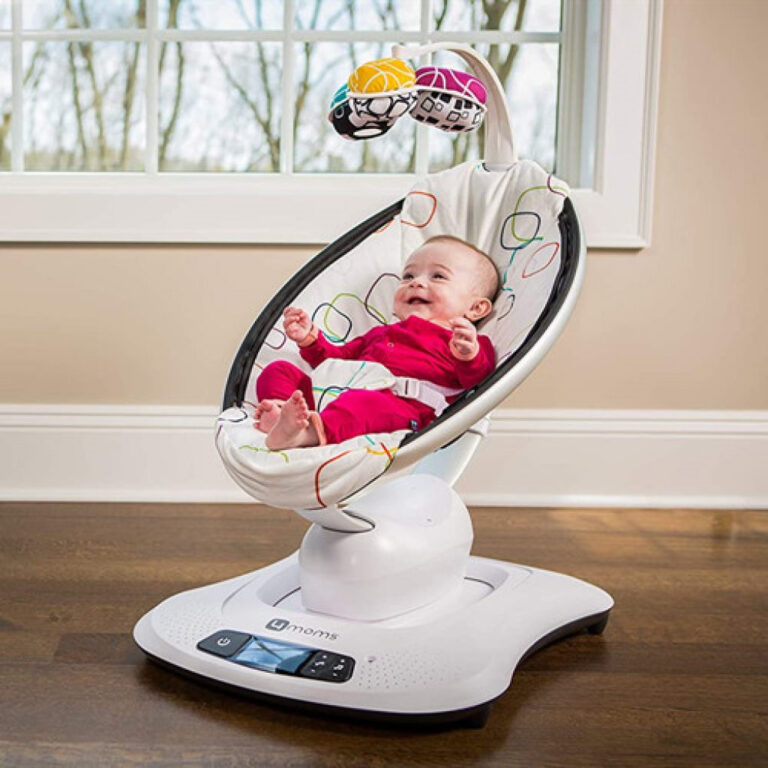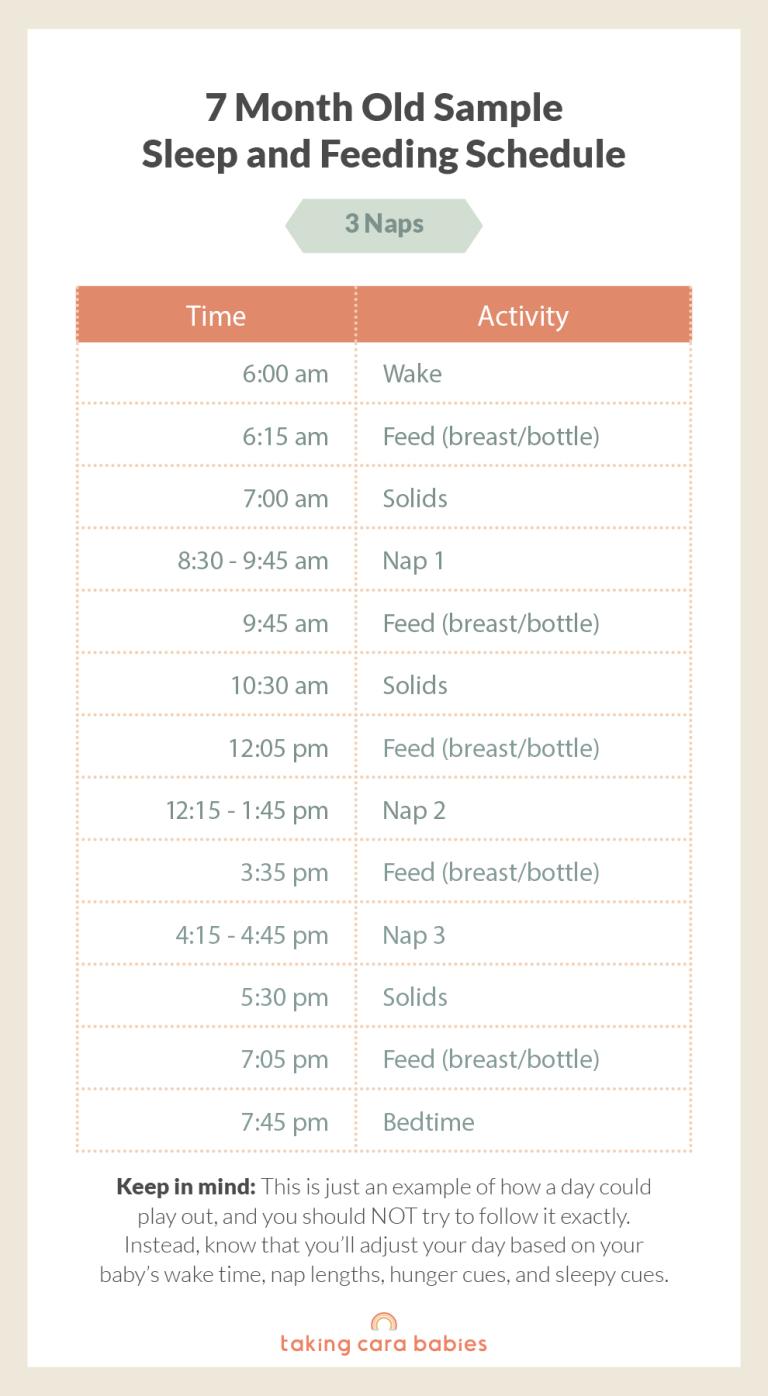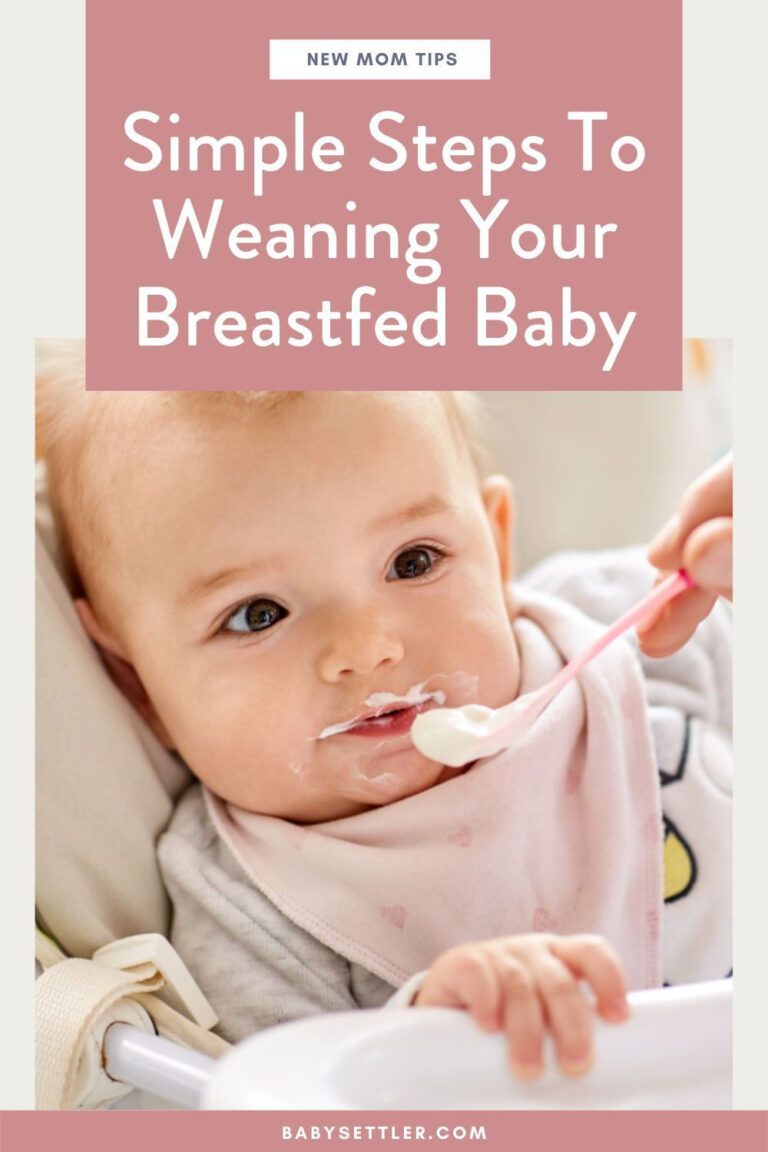When Does Baby’s Heart Start To Beat: A Comprehensive Guide
As expectant parents eagerly await the arrival of their little one, one of the most miraculous milestones in pregnancy is when the baby’s heart starts to beat. This momentous event marks the beginning of a new life and brings joy and excitement to the hearts of soon-to-be parents. In this article, we will delve into the details of when a baby’s heart starts to beat, what factors influence this development, and why it is such a significant moment in the journey of pregnancy.
Knowledge
During the early stages of pregnancy, around the fourth week after conception, the baby’s heart begins to form. The process starts with the development of the primitive heart tube, which eventually transforms into a more complex structure with chambers and valves. By the end of the fifth week, the baby’s heart starts to beat for the first time, although it may not be detectable on an ultrasound until a few weeks later.
The beating of the baby’s heart is a pivotal moment in fetal development as it signifies the beginning of the circulatory system. The tiny heart works tirelessly to pump blood and nutrients to support the growing baby’s needs. As the pregnancy progresses, the heart rate of the baby increases and becomes more regular, eventually reaching the typical range of 120-160 beats per minute.
Several factors can influence when a baby’s heart starts to beat, including genetic factors, maternal health, and the overall development of the fetus. While the timing may vary slightly from one pregnancy to another, the general timeline remains consistent across most pregnancies.
It is essential for expectant parents to monitor the baby’s heart rate regularly during prenatal check-ups to ensure that everything is progressing as it should. Any abnormalities in the heart rate or rhythm may require further evaluation and medical intervention to ensure the health and well-being of both the mother and the baby.
Conclusion
In conclusion, the moment when a baby’s heart starts to beat is a magical and awe-inspiring event that marks the beginning of a new life. This significant milestone brings hope, joy, and anticipation to expectant parents as they eagerly await the arrival of their little one. The development of the baby’s heart is a complex and intricate process that highlights the miracle of life and the wonders of nature.
Expectant parents, healthcare providers, and anyone interested in the miracle of pregnancy will find this information valuable and insightful. Understanding the timeline and significance of when a baby’s heart starts to beat can help foster a deeper appreciation for the journey of pregnancy and the incredible changes that occur within the womb.
In closing, the beating of a baby’s heart is not just a physical process but a symbol of life, love, and hope. It is a reminder of the beauty and resilience of the human body and the miracle of creation. The moment when a baby’s heart starts to beat is a testament to the power of life itself and the infinite possibilities that lie ahead.





